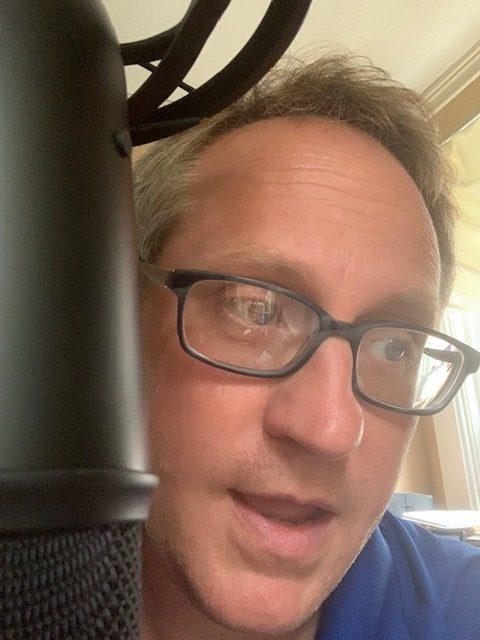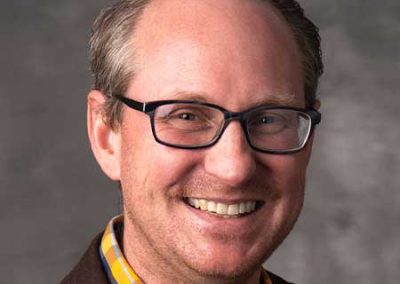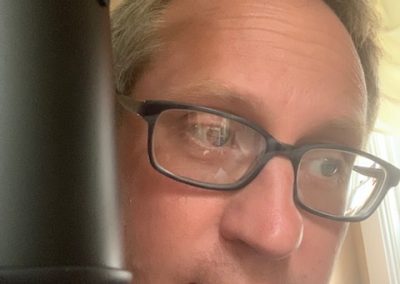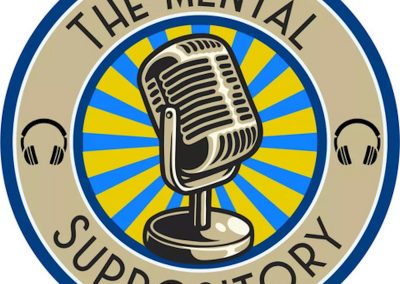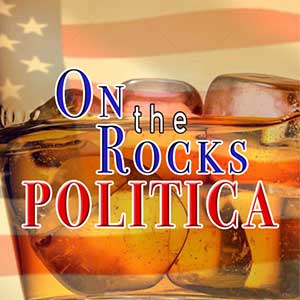Borders
Used by permission of artist
His work at SMGraves Associates focuses on building value in real property by considering the commercial and social ecosystems that play out within our built environments. Community Development that seeks to build pride in place and create economic opportunity for more citizens of our cities and towns.
We are obsessed with borders. Part of this is primordial. Humans like sharp edges because those borders enclose us in a safe space (think cats in a box). The farther we get from our ancestral start, the more we consistently strive to nurse our wounds in the corner of a concrete bunker.
The English concept of property ownership was rooted in well-defined borders. Your house was your castle. Your pasture was not meant for another’s animal. When the English first came into contact with the Natives of New England, the disparity between how each society conceptualized borders and therefore ownership, eventually lead to conflict.
Despite our contemporary ideas about the noble Indian: long lost to modern society, weakened from disease and depravity, illiterate and entirely at the mercy of European legal and military prowess, modern native Americans of the northeast tell a different story.
As far back as the 17th century Wabanaki and many other peoples of the northeast were diligently attaining knowledge for the European spoken word. In the first 50 years of English settlement, it became clear to many in both cultures that the native idea of ‘ownership’ over land versus the concept in English hands differed with fatal consequence. Natives believed in a kind of ownership of the commons; those who were best capable this season of reaping the most from a particular area or parcel were given priority over other bands. This ownership changed season to season. Their English neighbors took a more permanent and defined approach to ownership of land and the borders that delineated one place’s ownership over another.
The English obsession with ownership came from a chaotic start to the 17th century. As elite restrictions on lands held in common spread an increase in poverty and made it a crime for the landless to wander the countryside in a vain attempt to find a home. It was during this time that English noblemen coined the term ‘white trash’. Yes, this denigration was baked into American culture from the very beginning. Land hungry farmers along with calvinist tradesman, Catholic royalists; they came to America when England wouldn’t have them anymore.
By the 1670’s, New England natives were becoming literate in limited but strategic numbers. They began fighting bogus treaties and land deeds in Massachusetts, Plymouth and Connecticut courts. This along with other strains on their relations set in motion what became the conflagration known as King Phillips War.
And so it is. We’ve always been a bit paranoid what is sitting at the edge of our field. We need to know those enclosures are keeping our cattle in and our neighbors out. We seek to tell the rest of the world, ‘This is mine. I fought for it. You can’t have it. You can’t use it’.
Each generation of Americans has the same befalling of innocence. We’re quick to dominate when we fear the onslaught of the unknown, the foreign, the dark skinned or the alien-speaking.
Even as I write pundits claim a disaster at our borders which does not exist. We’ve refined our zeal for the absurd in the United States: We create disasters within the borders of other countries and despair when their people knock upon our door to ask for a better life.
It is time to shed our fears, cast off our mark of ‘colonizer’. It is time to grow up. It is time to stop suffering needlessly.
We suffer from a malady that, I would imagine nearly all colonizers suffer from. We suffer because we’ve wrought suffering on generations of ‘others’. We suffer from paranoia. The kind that comes from generational guilt when a society knows they’re wrong and refuses to apologize.
.
Also from M the Media Project
Article Series
Podcasts
Video Channels
News Features
Mental Suppository Podcast
On the Rocks Politica
SMG’s ‘Are We Here Yet’?

Interested in advertising with us? Perhaps you want a unique way to support the economic development work we accomplish while getting access to our intelligent and informed listeners? Join our roster of supporters. Click that button below to find out more.

